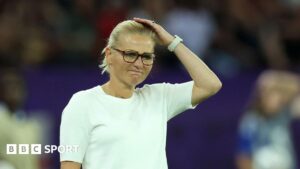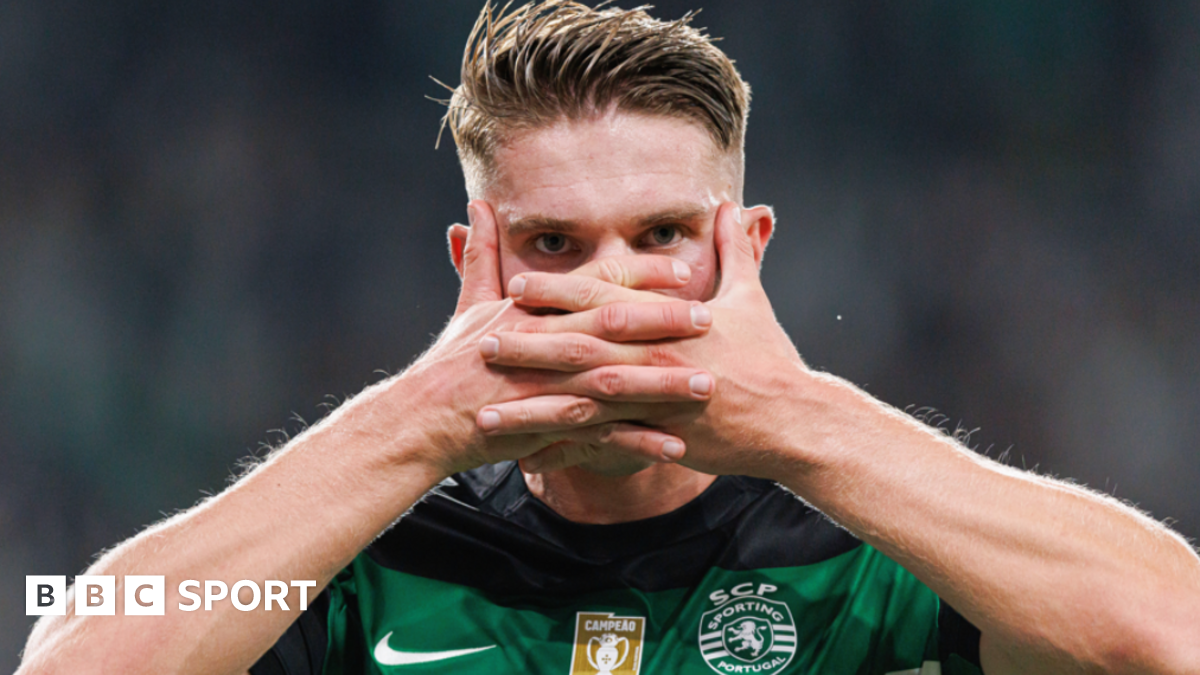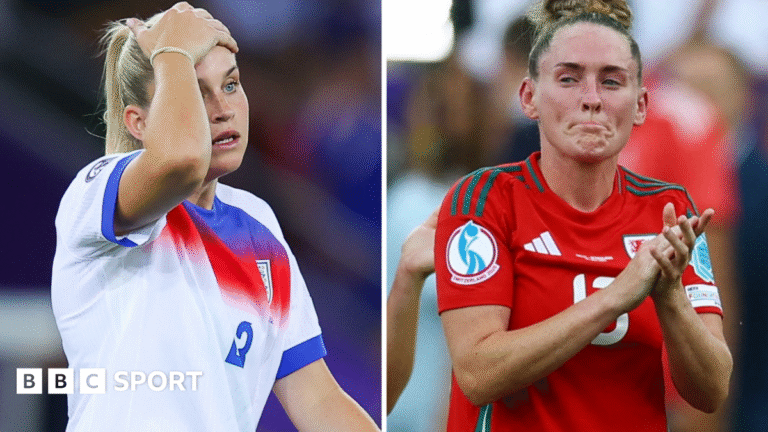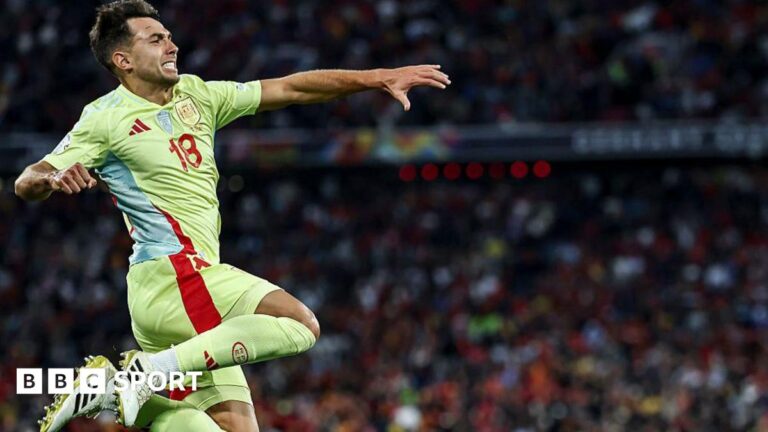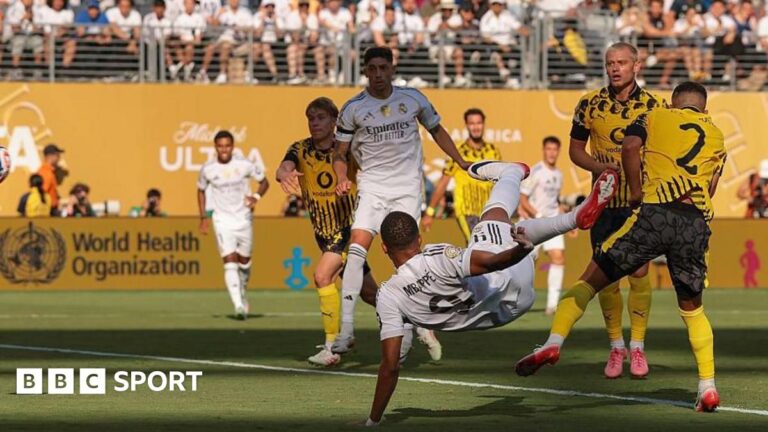

Gyokeres’ former team-mates and coaches remember a young boy who cried when he lost. They talk about a «stubborn kid» who was «wild, really aggressive» and would occasionally come to blows with team-mates.
«I remember the older players were sometimes telling him to calm down a little bit, because he was always going all-in,» Magni Fannberg, who handed Gyokeres his first-team debut for Swedish club Brommapojkarna in 2015, told the Times., external
There are stories about Gyokeres’ single-mindedness, focus and drive.
Gustav Sandberg Magnusson, who played with Gyokeres at Brommapojkarna, adds: «There was one training session I was screaming at him: ‘Viktor, pass the ball. Pass.’ And he didn’t [look at] me. I was so frustrated.»
David Eklund, academy scout at the club, tells BBC Sport: «He was never a superstar like Dejan Kulusevski. But he scored goals. That’s it.
«He had a strong mentality but he’s a really nice guy. He always worked hard and had the idea of being a top player, training every day. He wanted to prove people wrong.»
Dennis Lawrence, who was part of Mark Robins’ backroom staff at Coventry when Gyokeres was there, says: «I had to laugh when I saw he scored a free-kick for Sporting. At Coventry, he would try free-kicks [in training] and I would say: ‘No, you’re not on free-kicks, Viktor.’
«But his mentality is, ‘no, I know I can do this’.
«And he’s scoring these incredible free-kicks now. He’s got that ability to focus on and achieve anything he wants.»
It all started on the gravel pitches of his local grassroots club in Stockholm, IFK Aspudden-Tellus. Gyokeres was five at the time and he credits his father, Stefan, in his development.
«Making that journey together helped me a lot. We’d share good and bad moments,» says Gyokeres, who has since gone on to make a big impression — on and off the pitch.
He has been the cover star for Vogue Scandinavia, who described the player as Swedish football’s «pride and glory».





